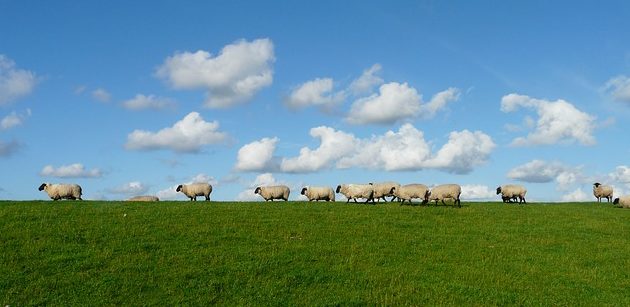September 22, 2016
The Laguna Bay Pastoral Company has acquired the first asset for its $280 million Laguna Bay Agricultural Fund I – Banongill Station, a 6,880 hectare cropping and grazing operation in Victoria’s Western District. Included in the sale were 30,000 sheep, 2,400 head of Angus cattle, 1,500 hectares of winter cereal cropland, and all station equipment.
The mixed-use property was acquired from former VFL footballer Stewart Gull and his wife Sue in an off-market deal for an undisclosed amount, however, industry sources have told Australian Financial Review that the land could bring a value of $30 million on the current market.
“Banongill Station, not least for the scale of its operations and the quality of its infrastructure, is one of the best holdings of its type in the Western District,” Tim McGavin, co-founder and CEO of Laguna Bay told AFR.
Raising the Fund
Assisted by Brookvine, Laguna Bay held its first close of A$280 million for Fund I from North American investors including the Washington State Investment Board (WSIB) earlier this year.
The fund, which is targeting a corpus of $1 billion, has established a ten-year timeframe with a minimum investment requirement of $10 million. In addition to land appreciation, the fund is targeting a minimum 5 percent cash returns generated from operations on its portfolio of farms that will either be bought and leased to farmer-operators, directly owned and operated by the fund, or operated within a joint venture agreement with local farmers.
Targeted assets will have a wide spread across crops, geography, and water resources in order to reduce risk, with investments made into farms or clusters of farms involved in horticulture, beef, lamb, and grain production that carry a value of $25 million each or higher.
“It’s discretionary capital so we have a long time to spend the money,” Tim McGavin, co-founder and CEO of Laguna Bay told AFR. “There are plenty of deals out there for us. Interest in agriculture is strong. Everyone is chasing yield and agricultural property is a good returning asset class in a low yielding world.”
Banongill
Banongill was established in 1853 when it was split off of Borriyalook Station, which was owned by Frances Ormond, the founder of the University of Melbourne’s Ormond College. When the Gull’s acquired the property nearly ten years ago from the wool-merchant Lempriere family, the station was reliant solely on income from wool. Over the past decade, the Gull’s diversified the property’s income sources to include wool, fat lambs, beef, and cereals.
“When we bought Banongill, the wool market was very depressed, so we thought it was important to have diversity and in particular, a stronger focus on cropping,” Gull told AFR.
The sale of the station was managed by Colliers International’s national director of rural & agribusiness, Shane McIntyre, who noted, “The sale of Banongill Station is a standout and reflects heightened confidence in primary production from national and international interests,”
Prior to the acquisition of Banongill, McGavin stated that Laguna Bay would work to establish ten-year supply deals with major Australian food companies and retailers before its first asset acquisition. The nature of these take-off deals would direct the kind of farm property that would be bought first.
“We want to get intimately involved in the global food supply chain and, because of our integrity and reputation, become a supplier of choice,” he said.
—
Lynda Kiernan

Let GAI News inform your engagement in the agriculture sector.
GAI News provides crucial and timely news and insight to help you stay ahead of critical agricultural trends through free delivery of two weekly newsletters, Ag Investing Weekly and AgTech Intel.




